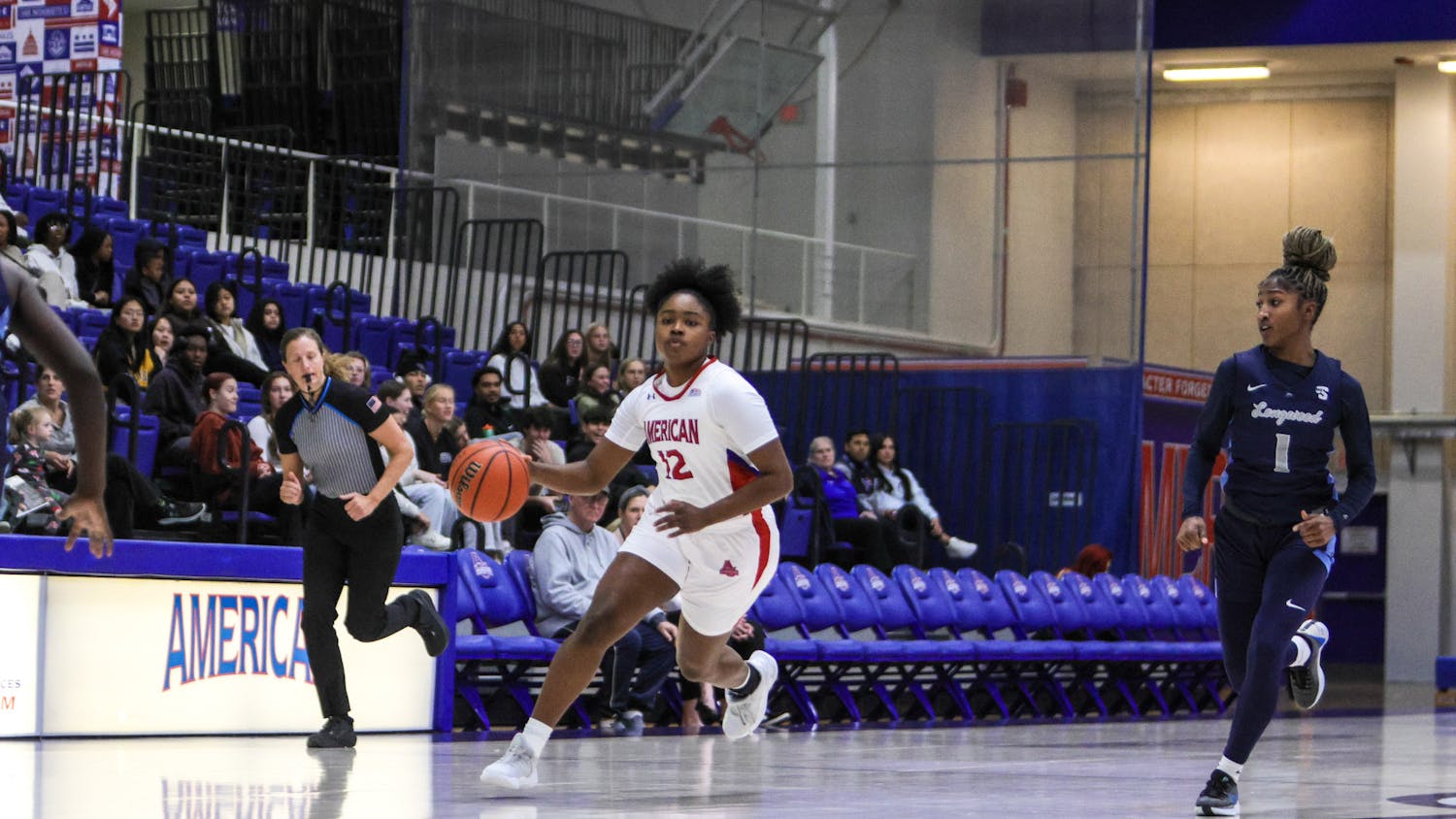The coronavirus pandemic has left many of us in our homes, binging, rewatching and looking for any entertainment to pass the time. Streaming services have become saviors with the abundance of choices that are no longer as overwhelming as they are convenient. Instead of visiting box offices, we’re opening up Netflix, which has gained almost 16 million subscribers during the first quarter of the year.
But the film industry can’t survive with just streaming services.
According to the Motion Picture Association of America, the film and television industry indirectly supports 2.6 million jobs. The Hollywood Reporter writes that the film industry stands to lose $17 billion through May as theaters close their doors, studios turn off their lights and international markets shudder.
Theaters have been closed since March 20 and will likely remain closed until Hollywood’s hopeful June 1 reopening date. In this time, North American theaters are projected to lose $2.4 billion, based on 2018 box office data gathered by The Numbers, a movie industry finance site that monitors North American theaters. This is 20 percent of the average domestic total of yearly box office revenue. For every additional day of closure, box offices lose more than $32 million.
In April 2019, 219 movies were released domestically. This year, only six have been released.
The Disney company had a full slate for 2020 releases, including live-action remakes, animated features and new Marvel films. All have been impacted. Disney’s “Mulan” live-action remake was just about to begin premiering globally, with the initial release date of March 27, before being postponed to July 24. “Black Widow,” starring Scarlett Johansson, was moved from its May 1 release date to Nov. 6.
The anticipated release of “No Time to Die,” the newest James Bond feature starring Daniel Craig, has been pushed to Nov. 25.
Some films aren’t ever going to get theatrical releases. Warner Bros. announced that their animated feature, “Scoob!,” will only be released on demand on May 15, when the film was supposed to hit theaters. “Trolls World Tour” had a limited theatrical release on April 10 when it was also released on demand. Universal, the producer of the film, reported that it had the largest opening day for a digital title.
Films with halted production include the third “Fantastic Beasts and Where to Find Them” film starring Eddie Redmayne, and the third “Jurassic World” feature, starring Chris Pratt. James Cameron’s “Avatar” sequel has also stopped production in New Zealand.
Film festivals are also facing challenges. The Cannes Film Festival, the opener of each year’s festival circuit that sets the stages for following festivals that occur in Venice, Telluride, Colo., and Toronto, was originally planned for May and then moved to June. But after French President Emmanuel Macron extended the prohibition of mass gatherings into July, a press release announced that Cannes couldn't be held "in its original form."
However, Cannes has adapted to virtually screening their Marché du Film entries. The Marché du Film is Cannes’ film marketplace, where thousands of films are shown over the two-week period to attract streaming services, distribution companies, producers and other investors to independent films. This idea of buying and selling films is the goal of film festivals. Without these events, many independent films and studios may not be able to show or even make films, leaving the movie world a little darker and duller.
Most of the U.S.’s 5,500 indoor theaters have closed, and D.C.’s own film sector is struggling.
Just days before the festival was about to begin, the Environmental Film Festival was canceled. Jacob Crawford, the festival’s director of online communication, said the organization had been “keeping an eye” on the crisis through February.
Instead of premiering films on March 12, the festival put their films online on March 17. Crawford said 80 of the 160 films were able to be published on their website. Some filmmakers, hoping to have in-person screenings, did not put their films online.
Attendees were supportive of the virtual transition, Crawford said.
“People knew we were taking their health into consideration,” he said.
Without much time to switch their festival to a completely online format, DCEFF wasn’t able to schedule supplemental programmings like Q&As, which Crawford said was unfortunate.
However, with so many films available online, Crawford said the website had the most traffic ever. There were viewers from every content and nearly every country, Crawford said.
Crawford said the financial burden won’t be as tough since the festival has generous supporters and grants. Overall, Crawford said DCEFF was “lucky.”
Filmfest DC began its festival virtually on April 23. Instead of screening their films in the AMC Mazza Gallerie or in other commercial venues, the festival has made their schedule available online, free of charge.
Tony Gittens, founder and director of Filmfest DC, said he wants people to take advantage of this free access.
“People stuck inside, stuck indoors, we wanted to provide them entertainment,” Gittens said. “We wanted our audience to know we care about them.”
Gittens said it’s disappointing to make the festival virtual, but he never once considered canceling it. Because the festival has been running for over 30 years, Gittens said they know what needs to be in place to make sure they’re “ready to go” to show 80 films.
Gittens said he doesn’t know what will happen to the film industry, or even his festival, when theaters reopen. Hollywood will want to take up as many theaters as they can to show their blockbusters, leaving independent films, like the ones shown at Filmfest DC, without an audience.
Even before the pandemic, the movie business was already struggling, he said.
“This is money they’re not going to be able to make up,” Gittens said about the steep financial losses being reported. “They’re in trouble.”





